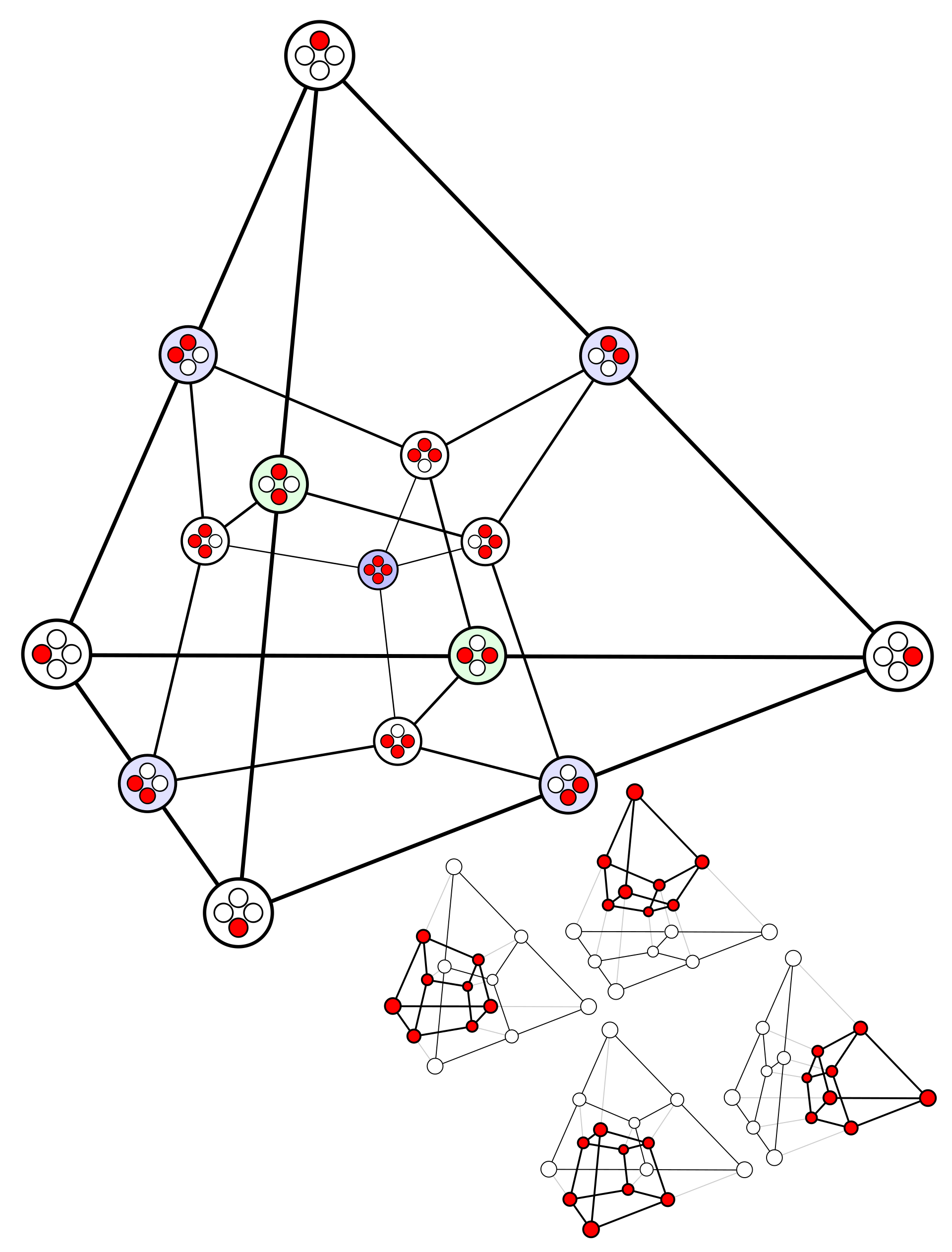 source: Wikipedia
source: WikipediaTopological data analysis (TDA) is a subfield of algebraic topology whose application to areas of study outside mathematics is becoming more and more common. In computer science, specifically in the fields of machine learning and networks, TDA has been used to both take the topology of the input data into account in order to inform models, as well as to incorporate topological information directly into the design of models. TDA helps us extract topological features from the data and use this information to better understand and learn from the data, and along with statistical tools and approaches, we can discuss the significance of such features. My research will focus on answering important structural questions about how artificial neural networks function through the study of topological features and their statistical significance.
Publications
Ferracina, F., Krishnamoorthy, B., Halappanavar, M., Hu, S. and Sathuvalli, V., 2025. Predictive analytics of selections of russet potatoes. Crop Science, 65(1), p.e21432. (doi)
Nakamura, A., Ferracina, F., Sakata, N., Noguchi, T. and Ando, H., 2025. Reducing Total Trip Time and Vehicle Emission through Park-and-Ride–methods and case-study. Journal of Cleaner Production, p.144860. (doi)
Ferracina, F., Beeler, P., Halappanavar, M., Krishnamoorthy, B., Minutoli, M. and Fierce, L., 2024. Learning to Simulate Aerosol Dynamics with Graph Neural Networks. arXiv preprint arXiv:2409.13861. To appear in the ACS ES&T Air Journal.
Repositories
Talks
Simulating Aerosol Chemistry with Graph Neural Networks presented at the 8th Cascade RAIN Meeting
Collection of Articles Presentation presented at WSU Vancouver.
Past Presentations on Existing Literature
- Using Topological Data Analysis for Insights into Biological and Artificial Neural Networks
- Topological Data Analysis (TDA) and Bayesian Classification of Brain States
- Modeling Stochastic Processes in Ecology
- Pirotta et al: State-space modelling of the flight behaviour of a soaring bird provides new insights to migratory strategies
- The Effects of Being Caught: How Fisheries Affect Oceanic Whitetip Sharks
- The (Markov) Hidden Connection: Quantifying Neuronal Spikes and Forest Fires (with Jacob Pennington)
- Cui et al.: Paxos Made Transparent: presenting CRANE, an SMR system to replicate general server programs